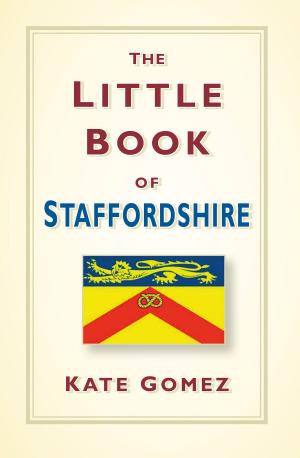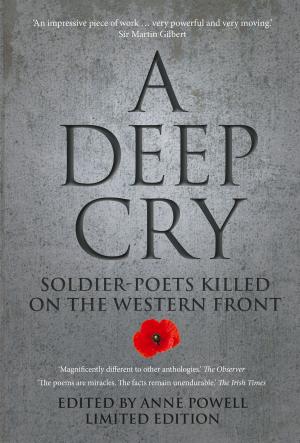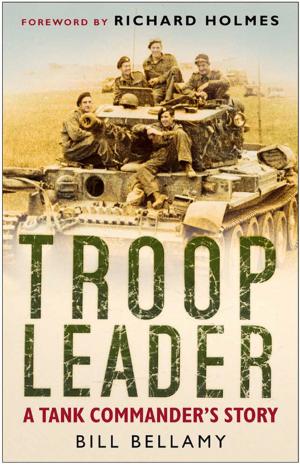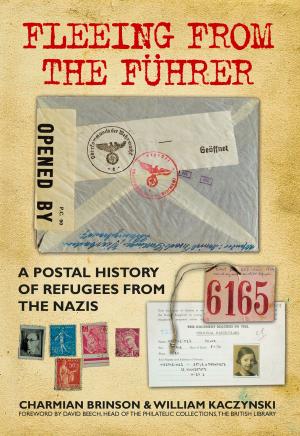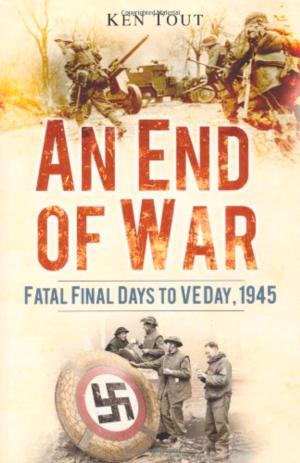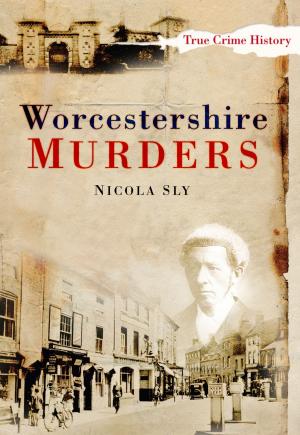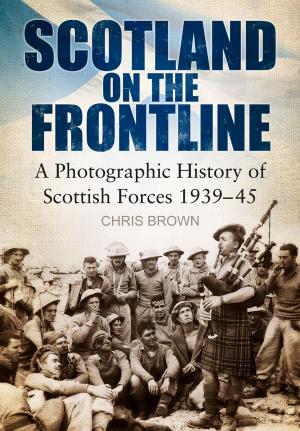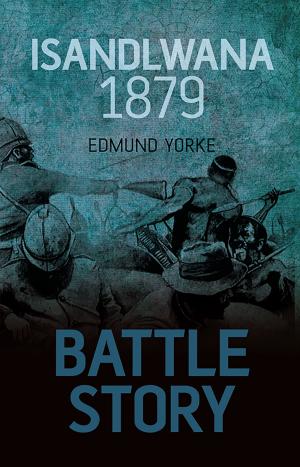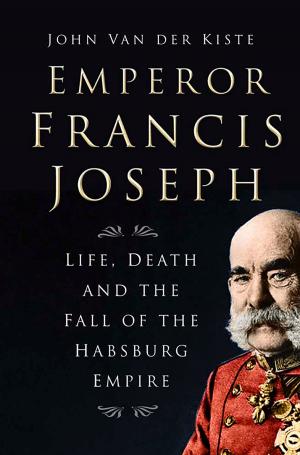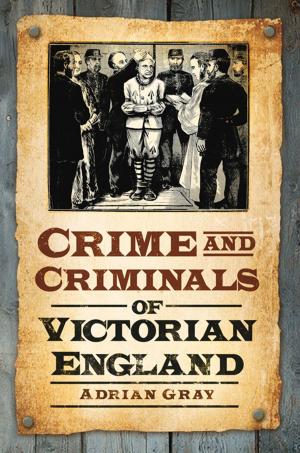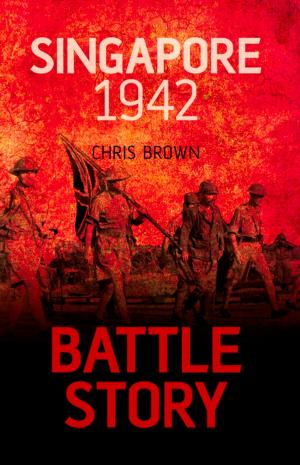| Author: | Andrew Walsh | ISBN: | 9780752493008 |
| Publisher: | The History Press | Publication: | May 1, 2013 |
| Imprint: | The History Press | Language: | English |
| Author: | Andrew Walsh |
| ISBN: | 9780752493008 |
| Publisher: | The History Press |
| Publication: | May 1, 2013 |
| Imprint: | The History Press |
| Language: | English |
The Falls Curfew of 3-5 July 1970 is considered by many to be the turning point in Catholic-Army relations throughout Northern Ireland and Belfast in particular, and ultimately led to Catholic alienation from the state. The curfew was intended to dispel the violence, it lasted 36 hours during which 4 people were killed, at least 75 were wounded (including 15 soldiers) and 337 people were arrested. Allegations of army brutality towards Catholics and destruction of property have also popularized this belief. However, the seeds of Catholic mistrust were sown decades before. The partition of Ireland in 1922, the subsequent Unionist domination of government, and the ignorance of the British government towards the province, ensured that it was only a matter of time that the initial welcome for the army in 1969 faded. This is the story of the Falls Curfew, its causes, and the subsequent polarization of a community under siege. It is a story many wish could be forgotten, but its legacy still lives on.
The Falls Curfew of 3-5 July 1970 is considered by many to be the turning point in Catholic-Army relations throughout Northern Ireland and Belfast in particular, and ultimately led to Catholic alienation from the state. The curfew was intended to dispel the violence, it lasted 36 hours during which 4 people were killed, at least 75 were wounded (including 15 soldiers) and 337 people were arrested. Allegations of army brutality towards Catholics and destruction of property have also popularized this belief. However, the seeds of Catholic mistrust were sown decades before. The partition of Ireland in 1922, the subsequent Unionist domination of government, and the ignorance of the British government towards the province, ensured that it was only a matter of time that the initial welcome for the army in 1969 faded. This is the story of the Falls Curfew, its causes, and the subsequent polarization of a community under siege. It is a story many wish could be forgotten, but its legacy still lives on.



